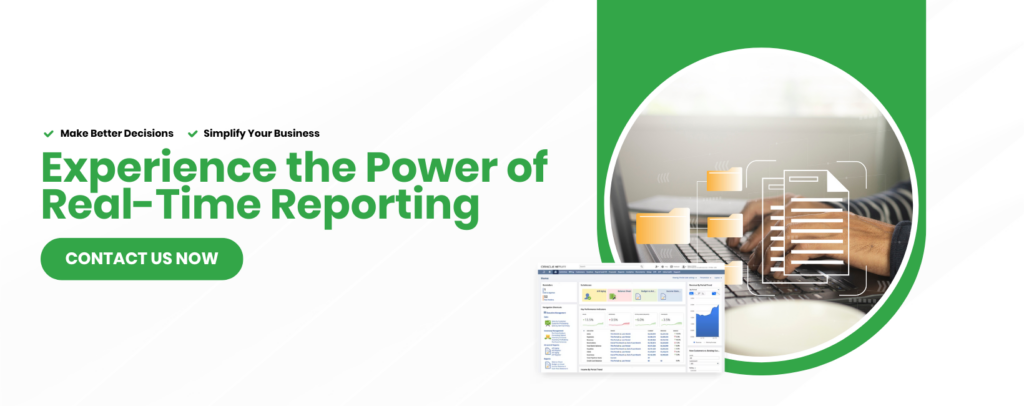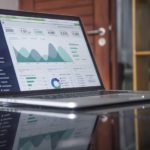On how to simplify and streamline your reporting processes - If you could design the perfect reporting system for your business, what would it look like? Would your wish list include real-time information, a 360-view and the ability to personalize the data included based on the information you need, when you need it?
If you’re not running an integrated software system, all of that may be a pipe dream. But just imagine what you could do if your wish list became a reality.
Real-time information
With an integrated software system, everything happens in real time. Information is entered, saved and processed and then you can immediately run reports, view graphs, and create searches and lists – all with the most up-to-date information available. There’s no rekeying information from disparate systems and spreadsheets and no waiting 24 hours until a system updates itself at night. Information entered now is available now.
And this real-time access to information doesn’t just apply to anyone sitting in your main corporate office. Regardless of venue – corporate office, warehouse, sales office -- the information is available and ready to use for anyone who needs it, letting them react and respond on the fly. Not at your desk? Set up e-mail alerts to keep you up to speed and in the know.
360 Degree View of Your Data
Gone are the days when businesses operated in a world of separate silos. Today, it’s all about operating out of one database so critical decisions can be made quickly. Everything that happens in your entire business process -- from a lead to an opportunity to a sales order to a shipment to paying an invoice – should be in one database so the information from these functions can be co-related and then used for strategic decision making.
Make Strategic Decisions and Manage by Exception
Customize your dashboard to include the reports necessary to your day-to-day functionality and create alerts critical to your responsibilities with the company!
One integrated database means you avoid assigning someone to create separate reports from several different systems. You save manpower, time and money and create efficiencies – benefits that apply across functional groups.
Imagine your next marketing campaign: you send an e-mail blast that costs $1,000 to 100,000 people. Of those 100,000 people, 2,000 respond by going to your website or contacting you. A certain number place an order, receive their materials and pay. In the end, you could run a report to see how much revenue, what was purchased and when they bought it. A system like Constant Contact may provide leads, but won’t give you the detail you need to determine what worked. Or what didn’t.
Personalization
With an integrated software system, you tailor your data to fit you. Depending on your role in the organization, you can customize your dashboard to include the reports necessary to your day-to-day functionality and create alerts critical to your responsibilities with the company. Everyone else has that functionality as well.
For example, someone in your warehouse will want to set up their dashboard to monitor inventory levels, backship/late orders that need to be shipped or purchase orders that haven’t been received. Someone in accounting can customize their information to focus on overdue invoices that haven’t been paid, bill that must be paid, current cash balance and operating expenses.
The end result of these benefits? You have the tools you need to make strategic decisions and manage by exception.

If you found the above content interesting, be sure to watch our video on:
Don't miss this opportunity to refine your accounting approach. Tune in for a comprehensive guide to enhance your practices and amplify your outcomes.

)





